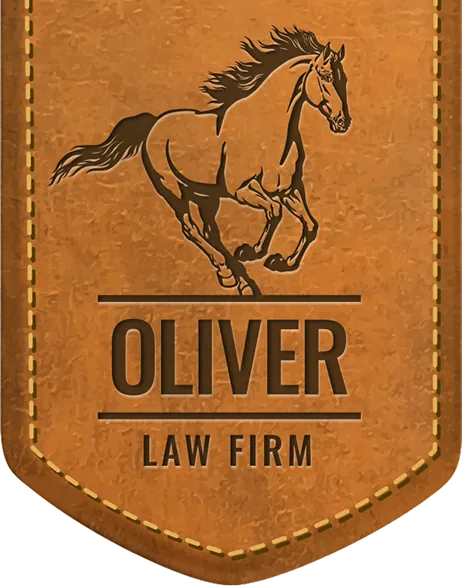If you or a loved one has been seriously injured by an 18-wheeler in Arkansas, it is important to understand what evidence you will need in a truck accident case. Even if the truck driver or trucking company is clearly responsible for causing the collision, it is up to you to establish your claim for compensation. This requires evidence from the crash site and other sources—and, to maximize your chances of a full recovery, it is important that you take action as soon as possible.
Two Key Types of Evidence in an Arkansas Truck Accident Case
When you have a truck accident case, the evidence you need falls into two broad categories. First, you need evidence of liability. This is evidence that proves who (or what company) is responsible for causing the crash.
Second, you need evidence of your accident-related losses. In addition to proving that you are entitled to compensation, you also need proof of how much you are entitled to recover. You do not want to let the insurance companies make this determination for you.
1. Evidence of Liability
Evidence of liability can take many different forms. It can also come from many different places. The first place to look for evidence of liability is the crash site. To gather as much evidence as possible from the crash site, it will be important for you to hire a law firm to investigate promptly. During this investigation, your law firm will be looking for evidence such as:
- Skid marks on the roadway
- Debris on the roadway or shoulder
- Damage to the road, guardrails, road signs, and vegetation
- Road characteristics (i.e., sharp curves, blind corners, and poor surfacing)
- Poorly timed traffic signals or missing traffic signs
- Evidence of traffic patterns
- Evidence of weather and road conditions at the time of the crash
These are just examples. Depending on the circumstances involved in your (or your loved one’s) truck accident, many other forms of evidence may be available at the crash site as well. The key is to conduct a thorough investigation—and to do so promptly before any important evidence disappears.
In addition to gathering all available evidence at the crash site, your law firm will work to gather evidence of liability from various other sources. While circumstances vary, generally speaking, other forms of evidence that may be available after a serious truck accident include:
- Traffic or surveillance camera footage of the accident
- Dash camera footage from the truck or cell phone videos from eyewitnesses
- Telematics data (or “black box”) data from the truck
- The truck driver’s driving log
- The truck’s maintenance history
- The truck’s shipping manifest
- The truck driver’s receipts and cell phone records (i.e., if the truck driver was impaired or distracted at the time of the crash)
Here, too, these are just examples. Evidence in truck accident cases can take numerous different forms, and the evidence you can use to prove your legal rights depends on the circumstances involved in the crash and the types of forensic and documentary evidence that are available. If you have anything that you think might be relevant to your claim for compensation, you should be sure to keep it in a safe place until you can share it with your attorney.
2. Evidence of Your Accident-Related Losses
Evidence of your accident-related losses can also take many different forms. This is true whether you or a member of your family was injured in the collision.
Under Arkansas law, truck accident victims and their families can recover compensation for their financial and non-financial losses. Financial losses include things like medical bills, prescription costs, loss of income and benefits, and loss of future earning capacity. Non-financial losses include things like pain and suffering, scarring and disfigurement, loss of consortium, and loss of enjoyment of life. Some examples of the types of evidence that can be used to prove these losses include:
- Medical records and bills
- Therapy and rehabilitation records and bills
- Receipts for prescriptions and medical supplies
- Receipts for other necessary purchases
- Pay stubs and tax returns
- A “pain journal” documenting the accident’s day-to-day effects
- Photos and videos documenting how the accident has changed your (or your loved one’s) life
With this in mind, if you are coping with the aftermath of a serious truck accident, you should try to keep as much documentation as possible. The more information you have, the better. Once you engage an attorney to represent you, your attorney will assist with gathering all of the additional evidence you need to prove your legal rights.
Speak with a Truck Accident Lawyer in Rogers for FREE
If you were injured in an accident with an 18-wheeler, the truck accident lawyers at Oliver Law Firm want to hear your story. You may be entitled to compensation for your physical, financial, and emotional losses.
To discuss your case with an experienced truck accident lawyer, for FREE, contact Oliver Law Firm today online or at 479-202-5200. We welcome clients from across Arkansas and all of the United States from our office in Rogers, AR.
a Free Consultation



